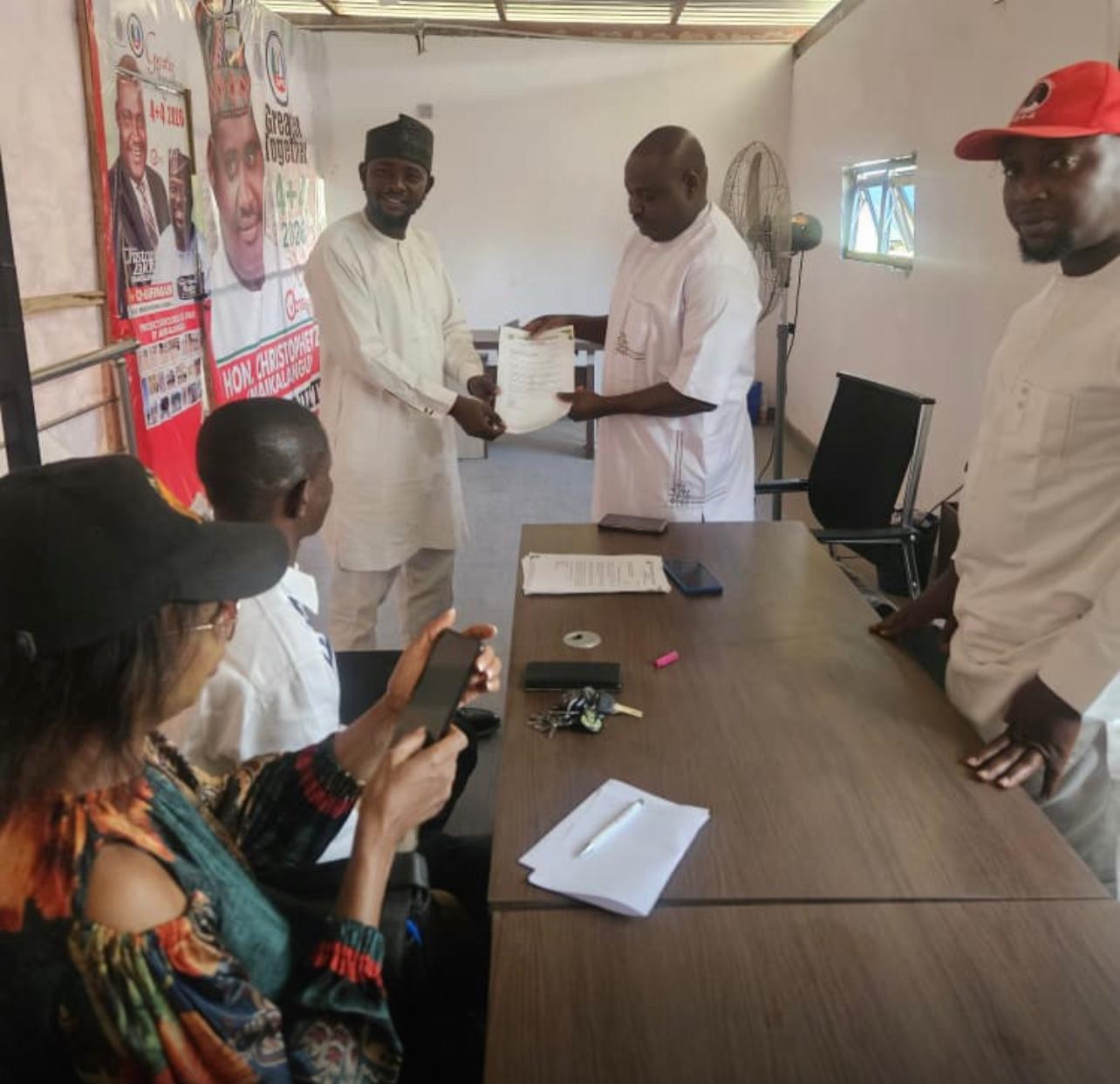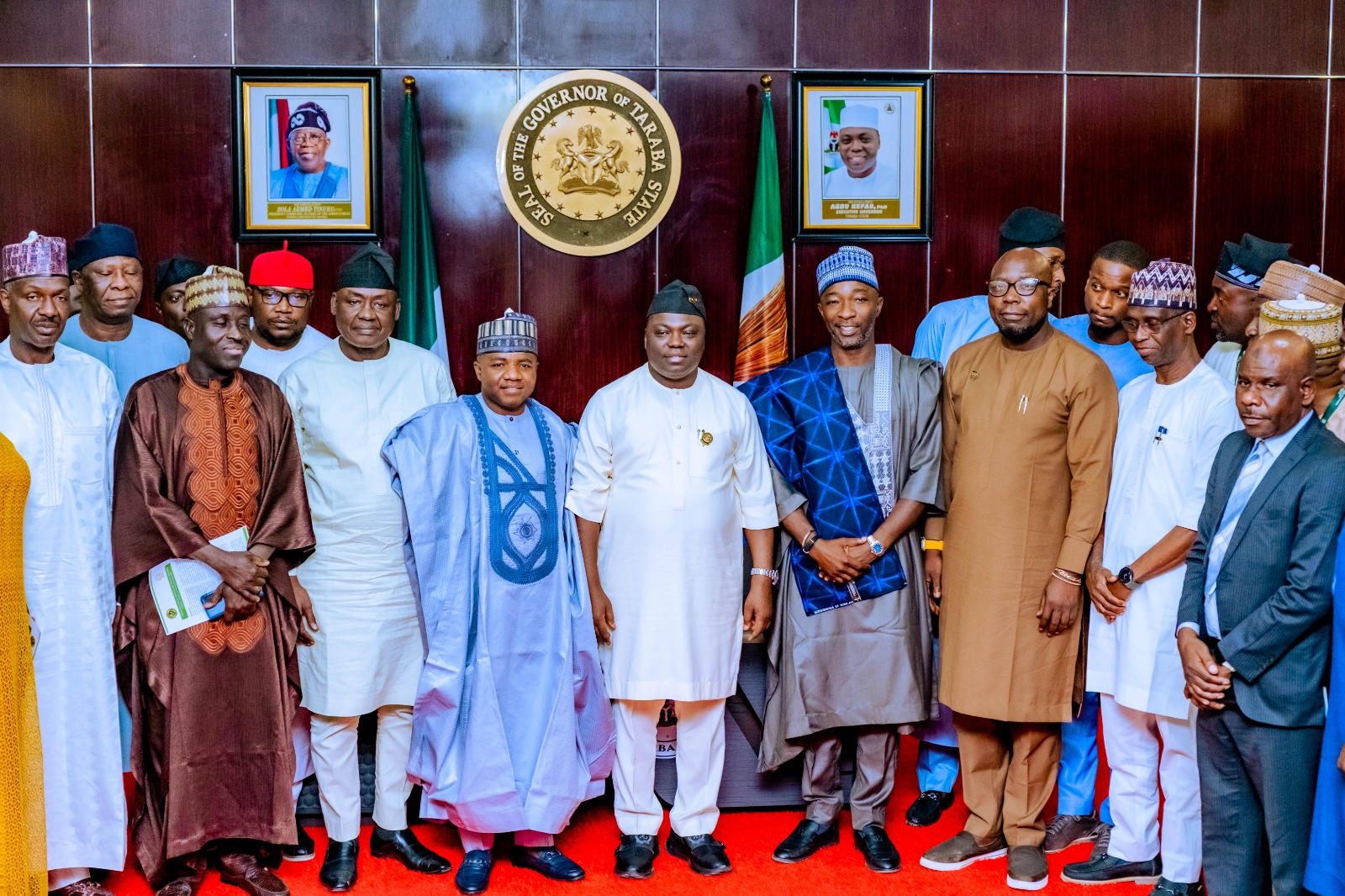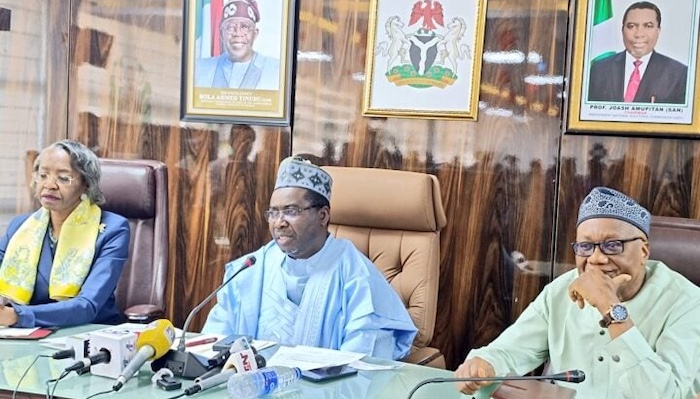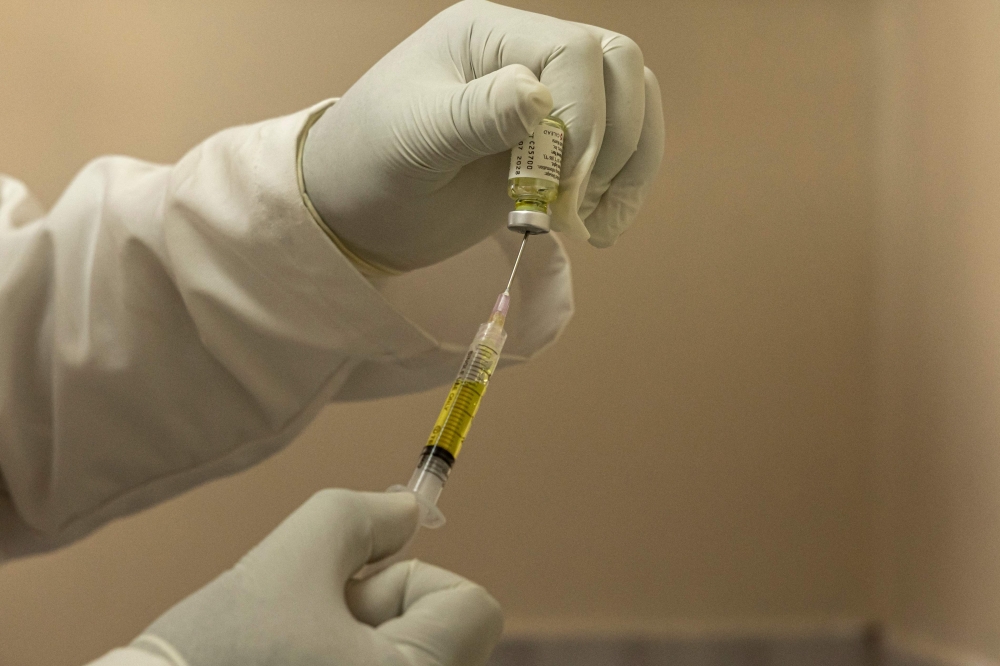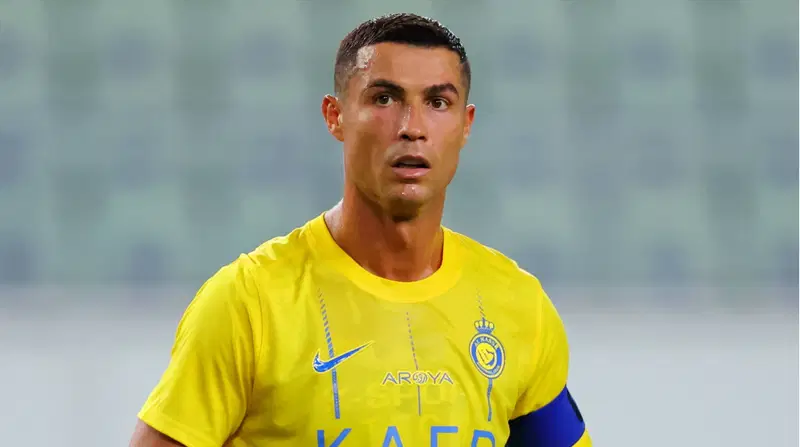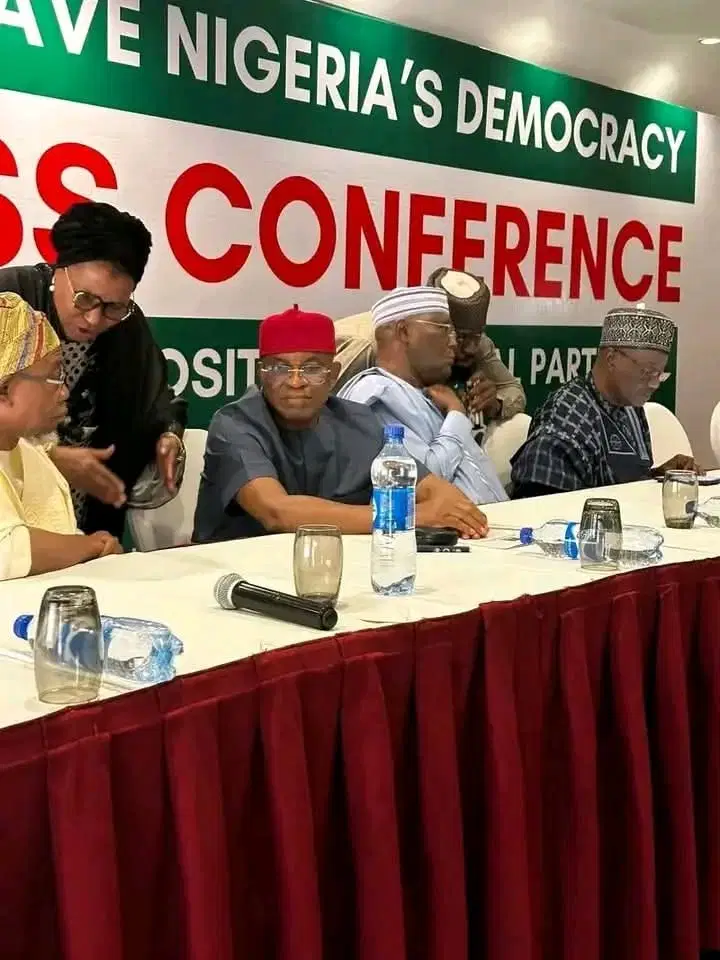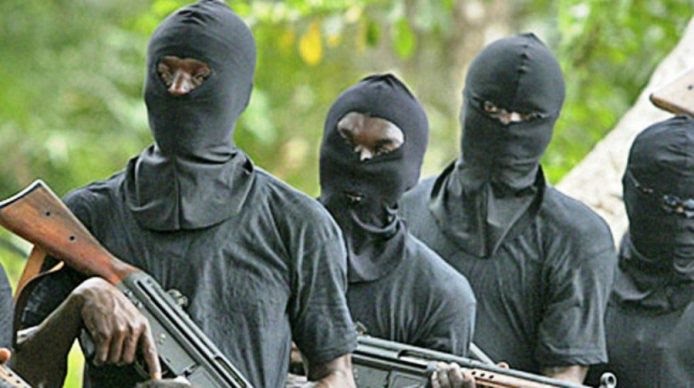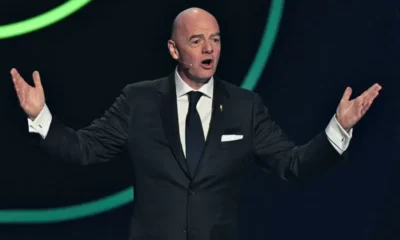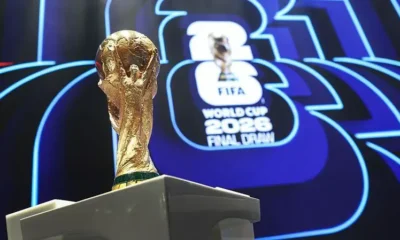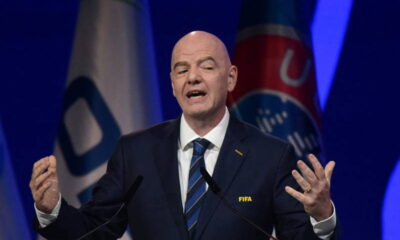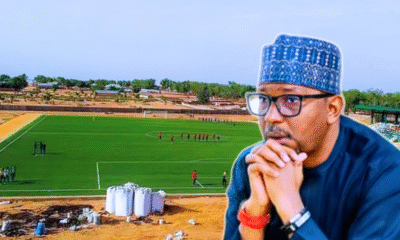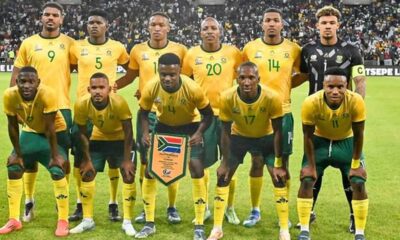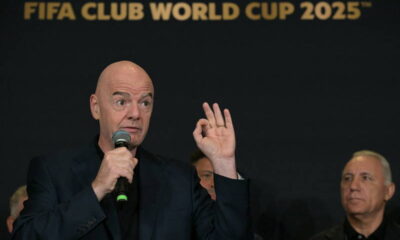Sports
FIFA bans Bosnia, Kosovo from facing each other in World Cup Play-Offs due to political tensions
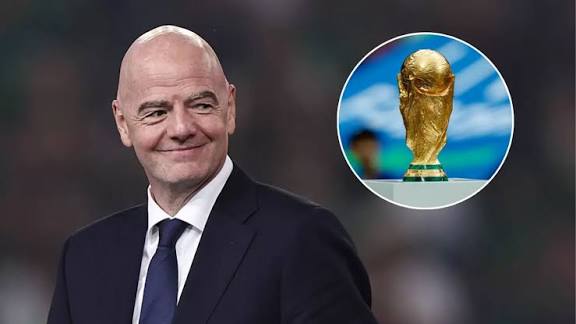
FIFA and UEFA have confirmed that Bosnia and Herzegovina and Kosovo will be kept apart in the upcoming 2026 World Cup play-off draw, adding another layer of complexity to Thursday’s proceedings in Zurich as geopolitical tensions continue to shape international football.
The play-off draw takes place on Thursday, November 20 at FIFA headquarters, with the ceremony beginning at 13:00 CET, determining the fate of 16 European teams competing for the final four spots at next summer’s expanded World Cup in the United States, Mexico, and Canada.
Bosnia cannot play against Kosovo due to their Serb entity, which does not recognise Kosovo’s independence. This restriction isn’t new—UEFA ruled in June 2016 that Kosovo should be kept separate from Serbia and Bosnia for security reasons in competitive matches, shortly after admitting Kosovo as its 55th member despite strong opposition from Serbia.
The 1998-1999 Kosovo War, fought between Yugoslav forces consisting of a contingent of Serbs and Montenegrins and ethnic Albanians seeking independence, resulted in the banning of three football matches involving Kosovo. Kosovo declared independence from Serbia in 2008, but this remains unrecognized by Serbia, Bosnia and Herzegovina, and Russia.
The Bosnia-Kosovo restriction represents just one element of a wider web of prohibited matchups that UEFA and FIFA have implemented to prevent sporting events from becoming flashpoints for deeper conflicts. Four fixtures were listed as prohibited: Ukraine vs Belarus, Kosovo vs Bosnia and Herzegovina, Kosovo vs Serbia, and Spain vs Gibraltar.
Political animosity and unresolved sovereignty disputes pose risks that extend to sporting events, with Russia also among the nations banned from facing Kosovo internationally due to Russia’s political alignment with Serbia and non-recognition of Kosovo’s sovereignty.
The draw will set eight play-off semi-finals and four potential final match-ups, all of which will be played in March 2026, with sixteen teams participating: 12 runners-up from the European Qualifiers group stage plus four teams that have qualified via the 2024/25 UEFA Nations League.
The confirmed play-off participants as group runners-up include Albania, Bosnia and Herzegovina, Czechia, Denmark, Italy, Kosovo, Poland, Republic of Ireland, Slovakia, Turkey, Ukraine, and Wales. These teams join four Nations League qualifiers in the play-off competition.
The teams will be divided into four seeding pots based on the FIFA World Ranking from November 19, 2025, with the 12 group runners-up allocated to pots one to three and the four teams from the Nations League path going into pot four as unseeded teams.
The regulations governing the draw include specific provisions for handling banned fixtures. If a prohibited matchup appears during the draw, the affected team must be moved to the next available group in alphabetical order to avoid the clash.
No restrictions will be applied to the draw for final hosts, as none of the clashes prohibited by UEFA for political reasons can occur in the finals due to the structure of the play-off paths.
Bosnia and Herzegovina had already secured their play-off place before their final group match against Austria, though they maintained a slim mathematical chance of automatic qualification. Kosovo similarly confirmed their play-off berth ahead of their final game against Switzerland, with their hopes of topping the group made unlikely by Switzerland’s superior goal difference.
If both nations advance through their respective play-off paths—a scenario that remains possible given the structure of the competition—they still cannot meet at any stage due to the political restrictions.
This restriction was in place before the 2018 World Cup qualifiers, demonstrating FIFA and UEFA’s consistent approach to managing these sensitive geopolitical situations in international football competition.
The decision reflects a longstanding policy. In 2022, Milorad Dodik, the President of Republika Srpska, the Serb entity within Bosnia and Herzegovina, stated that he would never permit the country to recognize Kosovo’s independence, underscoring the deep-rooted nature of the political tensions that necessitate these sporting restrictions.
-

 NUJ FCT2 days ago
NUJ FCT2 days agoBREAKING: FCTA Health Mandate Secretary offers 150 free insurance slots to NUJ FCT members
-
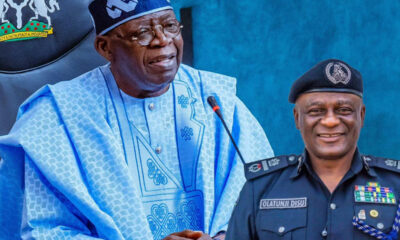
 National News2 days ago
National News2 days agoTinubu accepts Egbetokun’s resignation, appoints Disu acting IGP
-
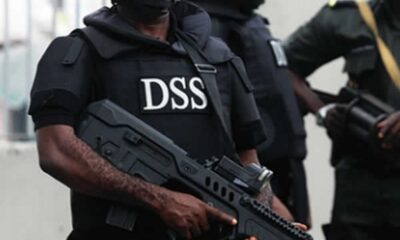
 News1 day ago
News1 day agoDSS arrests suspected ISWAP Commander linked to Owo Church massacre
-

 News1 day ago
News1 day agoActing IGP Tunji Disu arrives at Presidential Villa for official decoration
-
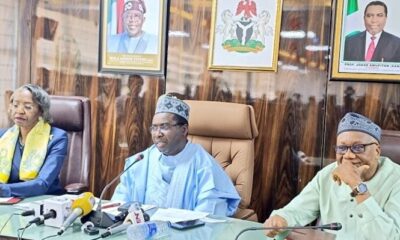
 News1 day ago
News1 day agoFCT Poll: INEC explains disputed result at Kwali voting centre
-

 News2 days ago
News2 days agoObi escapes attack as gunmen target ADC leaders in Edo
-
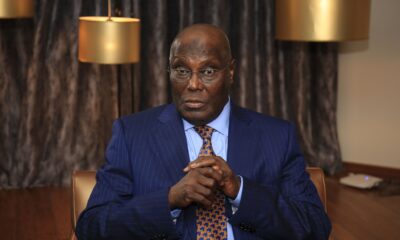
 News1 day ago
News1 day agoAtiku condemns attack on Obi, Oyegun, others, warns against political violence
-

 News1 day ago
News1 day agoEx-NRC MD Edetanle remanded over alleged N165m, $385,000 fraud

